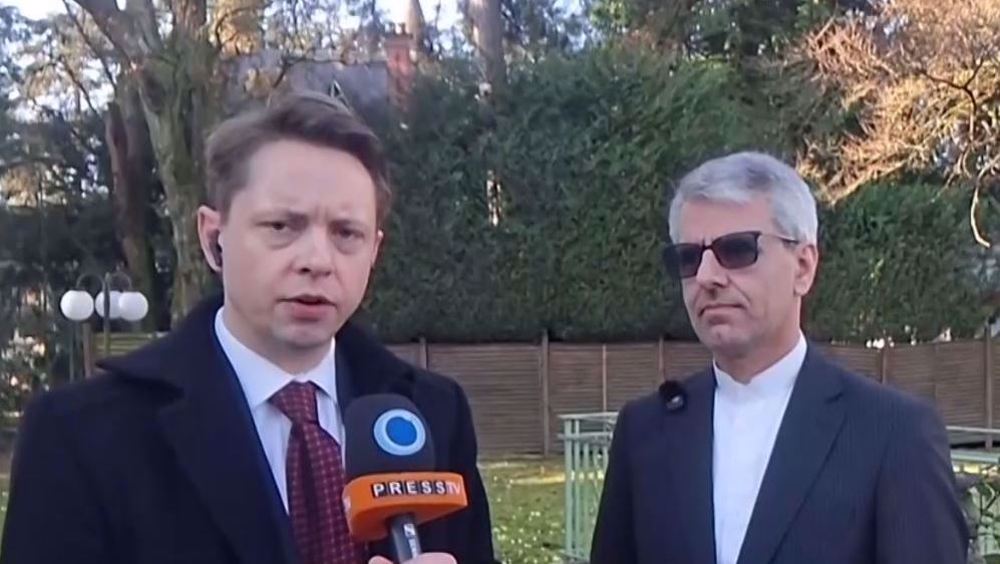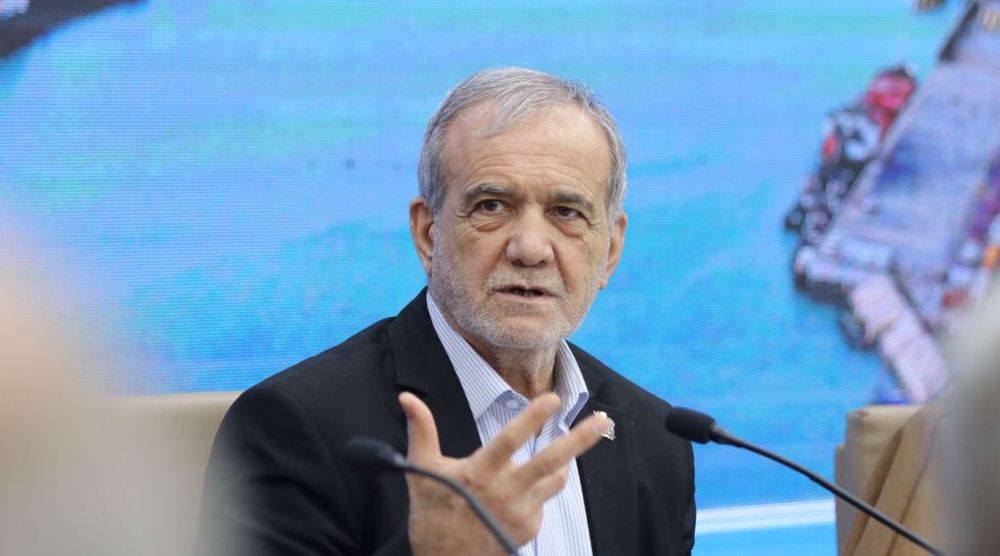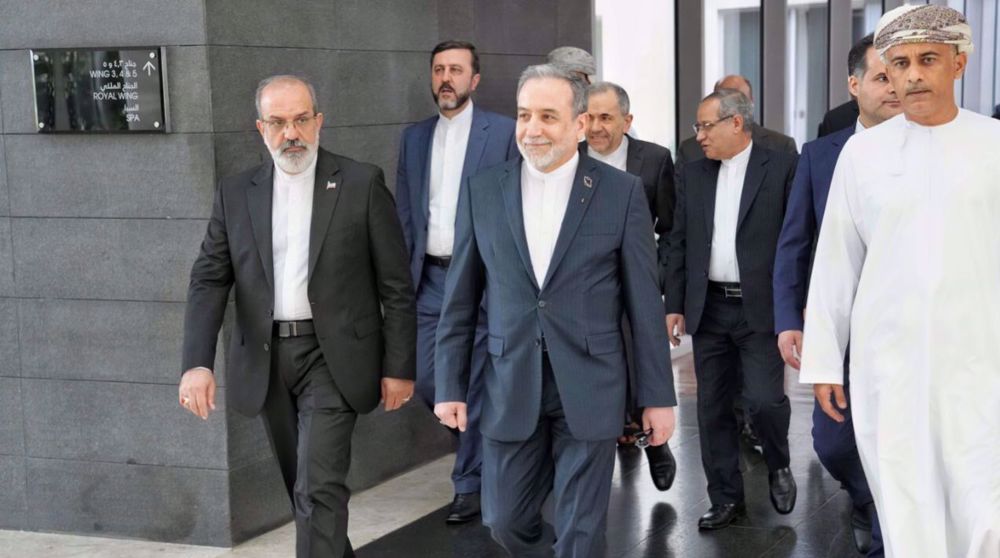Zarif slams EU’s dispute mechanism as ‘a strategic mistake’
Iranian Foreign Minister Mohammad Javad Zarif has denounced as a “strategic mistake” the European Union’s decision to trigger a dispute mechanism under the 2015 Iran nuclear deal, officially known as the Joint Comprehensive Plan of Action (JCPOA).
Zarif criticized the European signatories to the landmark deal once again on Tuesday for failing to abide by their commitments under the JCPOA and said triggering a dispute resolution mechanism is legally baseless and politically a strategic blunder.
Abbas Mousavi, the Iranian Foreign Ministry spokesman, earlier said the Islamic Republic would respond “firmly, decisively, and aptly” to the unconstructive measure taken by the Europeans against the deal.
On Tuesday, the three European signatories to the Iran deal — France, Britain and Germany — formally triggered the dispute mechanism, which accuses Iran of violating the agreement and could lead to the restoration of the anti-Iran UN sanctions that had been lifted by the JCPOA.
After the mechanism is implemented, Iran would be given 15 days to resolve the dispute with the three European states, collectively known as the EU3. The process can ultimately lead to a “snapback” — which refers to the re-imposition of the UN Security Council’s sanctions that were lifted after the nuclear was reached in 2015.
Russia sees no grounds to trigger dispute mechanism
Russia also reacted to the European move, saying there are no grounds to trigger the dispute resolution mechanism in the Iran nuclear deal.
Citing Russia's foreign ministry, the TASS news agency said Moscow argued that the activation of this mechanism may make it impossible to return to implementation of the agreement.
Russia has also warned that the EU’s decision risks new escalation.
The European states are trying to blame Iran for failing to commit to the deal, while themselves stopped their contractual commitment of meeting the Islamic Republic’s business interests after May 2018, when the United States left the accord and began threatening others not to do business with Tehran.
Last May, Iran began a set of countermeasures in response to the US’s withdrawal and the EU3’s betrayal of Tehran’s interests under US pressure.
The countermeasures saw Iran reduce its obligations under the JCPOA. As part of its fifth and final commitment reduction step, Tehran decided to stop observing all limits on its nuclear industry after January 3, when US drone strikes assassinated senior Iranian commander Lieutenant General Qassem Soleimani in Baghdad.
Normalization increases cost of defeating Israel, Yemeni leader warns
Activists announce 'Freedom and Sumud Flotilla' to challenge Gaza blockade
VIDEO | Rome residents demand end to ties with Israeli firms
VIDEO | Pakistan Senate condemns ‘hexagon of alliances’ as Indian PM visits Israel
VIDEO | Founder of French pro-Palestine NGO appears before court
VIDEO | Modi’s Israel visit sparks opposition, domestic backlash
VIDEO | Continuous war on media in occupied West Bank
Kabul rocked by explosions as Pakistan launches airstrikes











 This makes it easy to access the Press TV website
This makes it easy to access the Press TV website